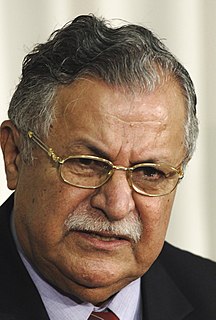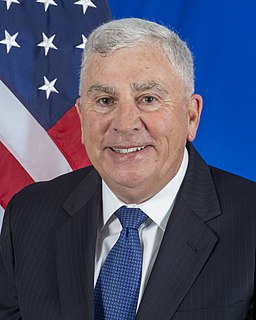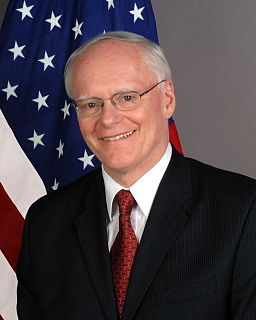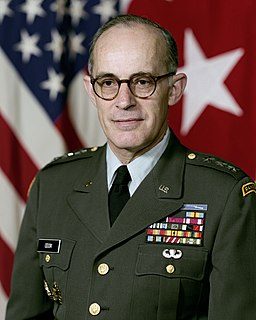A Quote by David Petraeus
As we used to say when I was privileged to be the commander there, Nineveh province has the most diverse human terrain in all of Iraq - Sunni Arab majority to be sure, but also Shia Arabs, numerous Kurdish communities, and they are broken out into several different political parties.
Related Quotes
It wasn't just Shia that would go to Tehran and see the commander of the Quds Force and others and the legitimate government leaders. It was also Kurdish leaders and Sunni Arabs who would even link up with Qassim Suleimani, the commander of the Quds Force - maybe not in Tehran but in Turkey or somewhere else.
And on this issue of the Shia in Iraq, I think there's been a certain amount of, frankly, Terry, a kind of pop sociology in America that, you know, somehow the Shia can't get along with the Sunni and the Shia in Iraq just want to establish some kind of Islamic fundamentalist regime. There's almost no evidence of that at all. Iraq's always been very secular.
The Iranian people were converted to Islam not very much longer after the conquest of the Arab world by Islam, but they refused to adopt the Arabic language, and it's a great point of pride to them that Persian culture and the Persian language and Persian literature survived the conversion to Islam. And the conversion to Islam also was for most of them not the Sunni majority form, but the Shia one. So there's a great discrepancy between Iranian society and many other of what we think of as Arab Muslim States and systems.
Right, because they're looking at also organizing the Sunni tribes up around Mosul to take back that city as well. That's the second largest city in Iraq. That's going to be a very, very tough fight. And the Shia militias were not used in Ramadi, and we're told by the Iraqi generals that they don't want any Shia militias up in Mosul, either, to take back that city. So - but again, that's going to be a very, very tough fight.


































